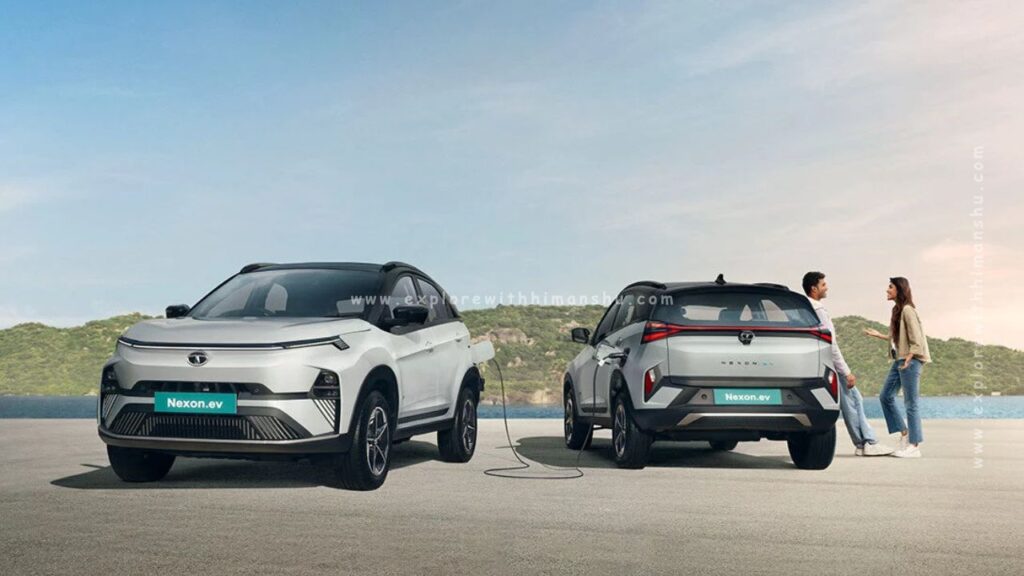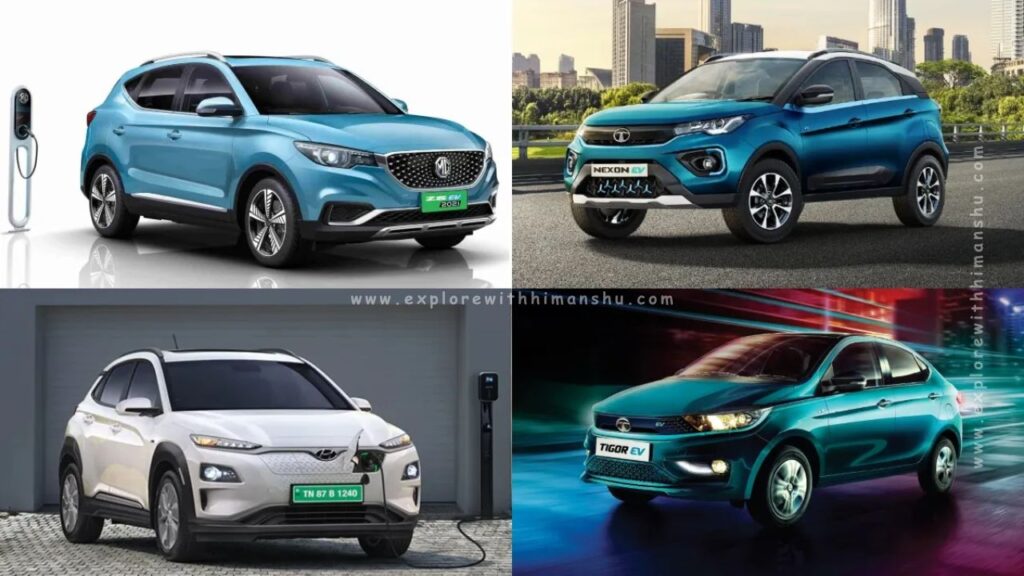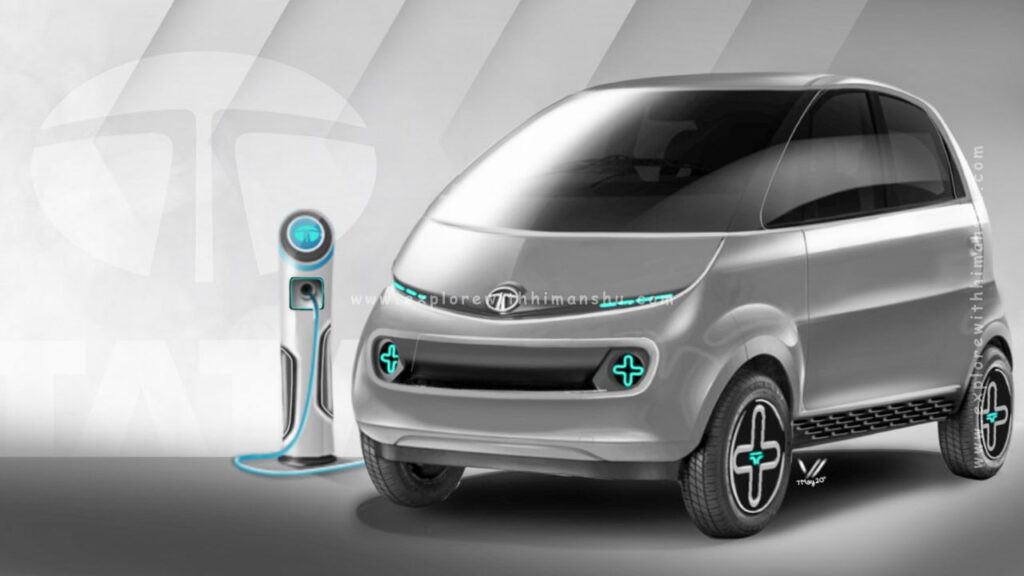Introduction
The Indian automobile industry is undergoing a progressive transformation with the upward push of Electric Vehicles (EVs). With the government’s push towards sustainability, increasing gas costs, and growing environmental concerns, India is rapidly shifting towards an electric mobility revolution.
Discover the future of EV cars in India with this in-depth guide. Explore the latest trends, government policies, top EV manufacturers, charging infrastructure, and market growth. Learn about the challenges, opportunities, and how electric vehicles are shaping India’s automotive industry. Stay ahead with the latest insights on India’s EV revolution in 2025.
The demand for EVs in India is skyrocketing due to factors such as improved battery technology, government incentives, and increasing charging infrastructure. The Indian government’s ambitious target to achieve 30% EV adoption by 2030 under the Faster Adoption and Manufacturing of Hybrid and Electric Vehicles (FAME) scheme is further driving this change.
This blog provides a comprehensive overview of EV cars in India, including market trends, government policies, leading manufacturers, challenges, and the future of EV Cars in India and other countries.

1. The Growth of EV Cars in India
1.1 Market Trends and Growth Potential
India’s EV industry is growing at an exponential rate, with a projected CAGR of 49% from 2021 to 2030. Major automakers such as Tata Motors, Mahindra Electric, MG Motors, Hyundai, and Tesla are investing heavily in the Indian market. The Indian consumer is also becoming more aware of the long-term benefits of EV ownership, including reduced maintenance costs and government subsidies.
1.2 Factors Driving EV Adoption
| Factors | Impact |
|---|---|
| Rising Fuel Prices | Encouraging consumers to switch to EVs |
| Government Subsidies | Reducing the upfront cost of EVs |
| Improved Charging Infrastructure | Making EVs more convenient |
| Technological Advancements | Increasing battery efficiency and range |
| Growing Environmental Awareness | Promoting sustainable transportation |
2. Government Initiatives and Policies Supporting EVs in India
2.1 FAME I and FAME II Schemes
The Faster Adoption and Manufacturing of Electric Vehicles (FAME) initiative aims to promote electric mobility in India.
- FAME I (2015-2019): Focused on providing subsidies for hybrid and electric vehicles.
- FAME II (2019-Present): Aims to provide ₹10,000 crores in incentives for EV adoption.
What is Web3? A Beginner’s Guide to the Decentralized Internet
2.2 Tax Benefits and Subsidies
| Incentive | Details |
|---|---|
| GST Reduction | GST on EVs reduced from 12% to 5% |
| Income Tax Benefits | Deduction of ₹1.5 lakh on EV loan interest under Section 80EEB |
| State-Wise Incentives | Additional subsidies in states like Delhi, Maharashtra, and Tamil Nadu |

3. Leading EV Car Manufacturers in India
3.1 Top EV Brands in India
- Tata Motors – Leading with models like Tata Nexon EV and Tata Tigor EV.
- MG Motors – MG ZS EV, a premium electric SUV.
- Hyundai – Hyundai Kona Electric, a powerful long-range EV.
- Mahindra Electric – eVerito, one of the early EV models.
- Tesla – Expected to launch in India soon.
3.2 Upcoming EV Models in India
| Brand | Model | Expected Launch |
|---|---|---|
| Tata Motors | Tata Tiago EV | 2025 |
| Hyundai | Hyundai Ioniq 5 | 2025 |
| Mahindra | Mahindra XUV400 EV | 2025 |
| Tesla | Tesla Model 3 | 2025 |
Top Trending Topics of 2025: Exclusive The Future of AI, Web3, Sustainability & More
4. Challenges in EV Adoption in India
Despite its rapid growth, the EV industry in India faces several challenges:
- Lack of Charging Infrastructure – Limited public charging stations.
- High Initial Cost – EVs are still expensive compared to petrol/diesel cars.
- Battery Life and Disposal – Managing battery waste and ensuring long battery life.
- Range Anxiety – Fear of running out of charge on long journeys.
4.1 Solutions to Overcome These Challenges
| Challenge | Proposed Solution |
|---|---|
| Charging Infrastructure | Increased investment in fast-charging stations |
| High Costs | More government incentives and tax benefits |
| Battery Disposal | Recycling programs and second-life battery usage |

5. Future of EV Cars in India
5.1 Expected Market Growth
The Indian EV market is expected to reach $150 billion by 2030, with an estimated 50 million EVs on the road. More automakers are expected to launch affordable EV models, making electric mobility accessible to all.
5.2 Technological Advancements in EVs
- Solid-State Batteries – Increasing range and reducing charging time.
- Wireless Charging – Hassle-free charging solutions.
- Solar-Powered EVs – Utilizing solar panels for energy-efficient vehicles.
5.3 Case Study: Tata Nexon EV’s Success in India
Tata Motors’ Nexon EV is one of the best-selling electric SUVs in India. With its affordable price, high safety ratings, and extended range, it has significantly influenced EV adoption in the country.
| Feature | Details |
|---|---|
| Battery Capacity | 30.2 kWh |
| Range | 312 km |
| Price | ₹14-17 Lakhs |
| Safety Rating | 5-Star Global NCAP |
Conclusion – EV Cars in India
India is on the cusp of an electric vehicle revolution, and the transition to EVs is inevitable. With government support, growing consumer awareness, and rapid technological advancements, the future of EV cars in India looks promising.
Looking forward, India’s shift closer to smooth and sustainable transportation will considerably lessen its dependence on fossil fuels and lower carbon emissions. The adoption of EVs will even create new task opportunities within the battery production, charging infrastructure, and vehicle sectors.
For consumers, the increasing variety of budget-friendly and premium EV options will make electric cars a more viable choice. The expansion of EV charging stations across highways and cities will further eliminate range anxiety, making long-distance travel more practical.
As focus grows and era advances, EVs turns into the new normal. India’s adventure toward becoming a global leader in electric mobility is nicely underway, and the following decade will form the destiny of sustainable transportation.
The future of mobility is electric, sustainable, and innovative. If you are considering buying an EV, now is the right time to make the shift into EV Cars in India
Key takeaways:
- The Indian government’s policies are heavily supporting EV adoption.
- Major automakers are investing in the EV market to provide affordable models.
- Advancements in battery technology and charging infrastructure will drive further growth.
- Despite challenges, India is expected to become one of the largest EV markets globally by 2030.
The future of mobility is electric, sustainable, and innovative. If you are considering buying an EV, now is the right time to make the shift!
What do you think about the future of EV Cars in India? Share your thoughts in the comments below!


